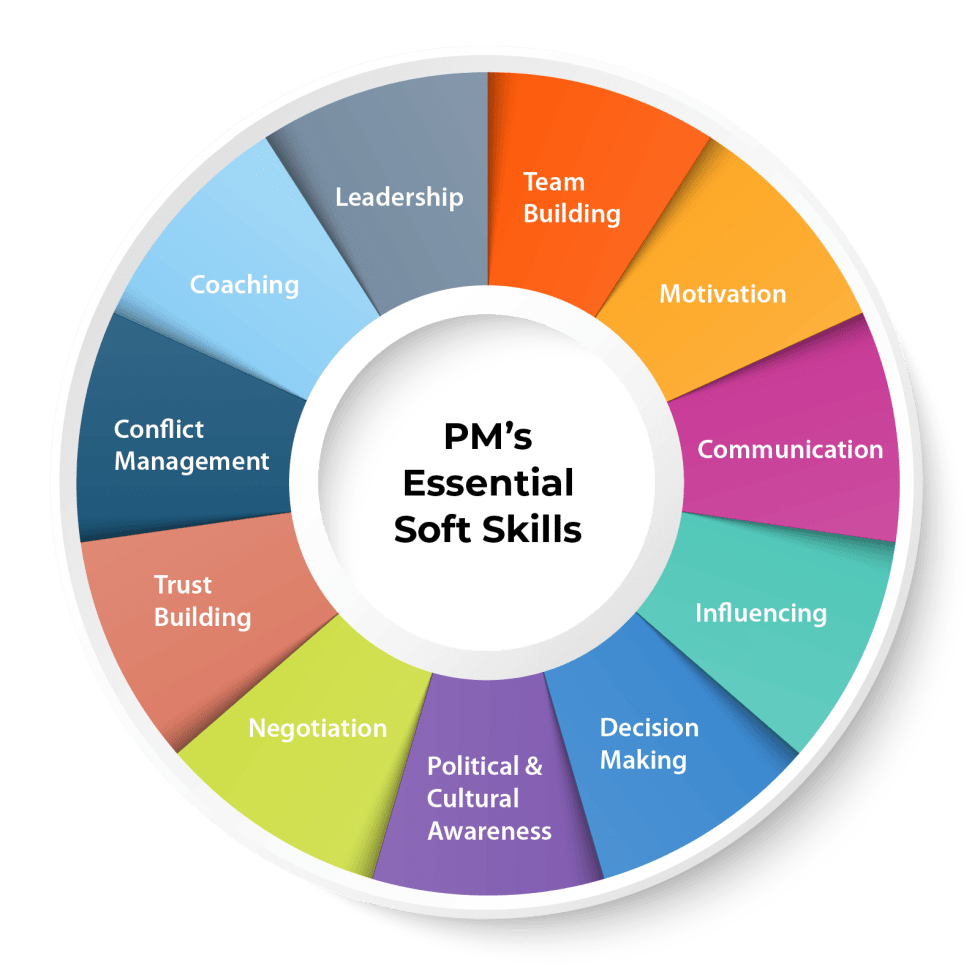Project Management Guide
Project Management Guide
What Is Project Management?
What Is a Project?
Why Is Project Management Important?
Project Life Cycle Phases
- Project Initiation
- Project Planning
- Project Execution
- Project Monitoring
- Project Closure
Project Management Methodologies
- Waterfall Project Management
- Critical Path Method
- Critical Chain Project Management
- Agile Project Management
- Scrum Project Management
- Kanban Project Management
- Lean Project Management
- Six Sigma Project Management
- PRINCE2
- PRiSM
- PMBOK Method
Project Management FAQ
How is a Program Manager Different from a Project Manager?
You’ve heard of program managers, and you’ve heard of project managers. Perhaps you’re one of them yourself. Either way, a question that often comes up in project management is: is there a difference between the two? And if so, what is it?
The best way to approach this is to look at the difference between a program and a project in the first place.
It’s simple: a project is a specific series of tasks designed to achieve a particular objective within a timeframe. And a program is a group or collection of individual projects.
Let’s take a helpful comparison. A consumer goods company could have a specific product for sale in the market. This product is part of an entire portfolio of products that the company markets. In a nutshell, it’s the same with a project and a program.
Thus, a project manager is a person in charge of a specific project. And a program manager is one who oversees the progress and completion of a larger number of projects.
Now, let’s take a deeper look at:
- The role of a program manager vs. a project manager
- The function of a PMO
- Whose role is more important?
- Which role is seen as more senior?
The Role of a Project Manager Vs. Program Manager
As you now know, a project manager is responsible for leading a specific project. They plan and assign responsibilities and resources, lead and manage the team, monitor progress and perfonnance, and ensure that deadlines are met.
On the other hand, a program manager is a person who is responsible for coordinating the progress of a number of projects. They don’t directly manage any of them but take a larger view. They need to focus on larger company objectives with an emphasis on overall organizational goals.
One could also say that the project manager’s role is tactical: to look after the successful execution of a specific job. In contrast, the program manager’s role is strategic: to oversee the big picture and progress towards larger objectives.

Project Managers, Program Managers, and PMOs
In many larger organizations, you’ll find a PMO: a Project Management Office. The PMO’s role is to structure, calibrate and provide guidance to the company’s projects.
They provide inputs to the management on the selection of potential projects and explain how this can help the company’s progress. They are also responsible for coming up with policies, functions, and processes for various projects.
An important function of the PMO is to come up with best practices for projects. These practices are then standardized across services. The personnel in the PMO will have to take care to discuss this with the managers and make sure they are being adhered to.
The PMO also assesses the progress of projects and looks to the future to see what can be done better. Regular communication and reviews are a part of this process.
In this way, a program manager can and should be a part of the PMO. In contrast, a project manager’s job is to take guidance and implement the processes. Project managers also need to communicate about the on-ground issues and changes that may be needed, going ahead.
Program Manager or Project Manager: Who is More Important?
As we have seen, a program manager looks at the big picture, while a project manager develops and executes a part of it. The program manager has to think long-term, while the project manager has to focus on completing a given project within an approved time frame.
Another way to look at it is that while the program manager has to have strategic competence, the project manager has to display execution skills.
For a project manager, success can be seen in the way quality, timelines, and budgets are handled. But for a program manager, success lies in issues such as ROI and meeting broader corporate objectives.
From this, it should be clear that program managers are often more senior than project managers within an organization. However, the roles of both are distinct and important. It’s almost like two sides of a coin: one cannot exist without the other.
Good project managers have certain skills that can be invaluable to any organization. First of all, they need to take the project idea and scope and then craft ways and means of executing this within the deadline and with the resources available.
Then, they also have to be proficient in issues such as managing teams and risks. They will have the ability to solve problems that may arise during a project’s progress.
For an efficient program manager, on the other hand, what is needed is the ability to think long-term and take a bird’s eye view.
They should know how to plan, monitor, and control programs from the company’s point of view. To do this, they also need to be able to communicate effectively, as well as take feedback from team leaders and come up with more effective strategies.
Big picture thinking, leadership skills, and the ability to effectively convey a point of view are thus important elements in a program manager’s competencies.
Overall, project managers depend on program managers for structural directions as well as guidelines. Program managers need project managers to execute and complete projects successfully, and convey what went right and what could change the next time.
A Look at Program Manager and Project Manager Salaries
The emoluments of project managers and program managers show a wide variation. It all depends on the size of the organization, the nature of the industry, as well as seniority.
However, a look at average salaries can give an indication of the above.
According to Glassdoor, the national average salary for a Program Manager is INR 20,00,000 per year in India. According to another survey in the United States, the median salary for a program manager is USD 91,450.
The national average salary for a Project Manager is INR 15,06,500 per year in India, says Glassdoor. A United States survey says that the average base salary for a Project Manager is USD 74,729 per year in the United States, not including bonuses.
To sum up, program managers are generally more senior and have to look at the bigger picture when it comes to a number of projects. Project managers have the skills to plan and execute a single project. Both are indispensable for organizations to successfully carry out projects.
